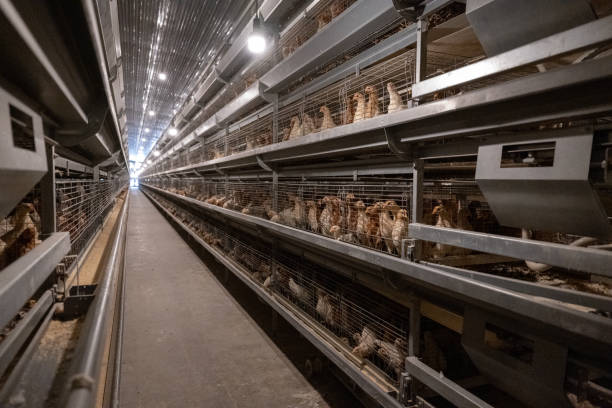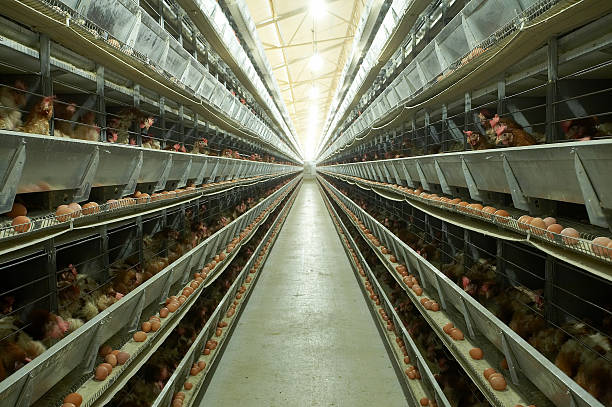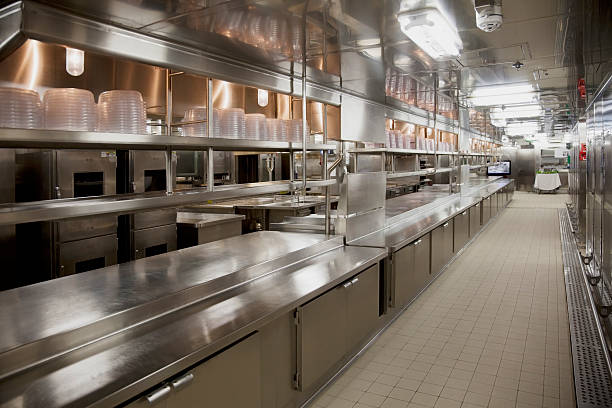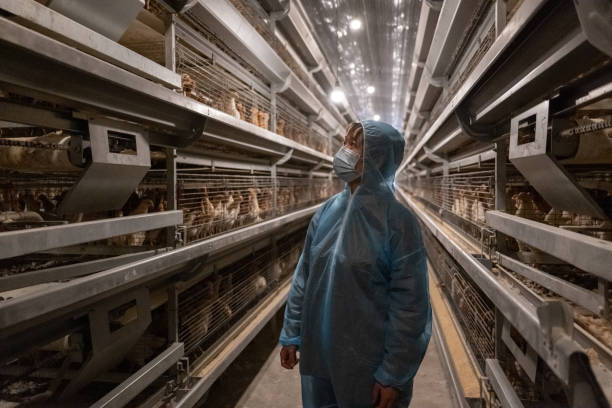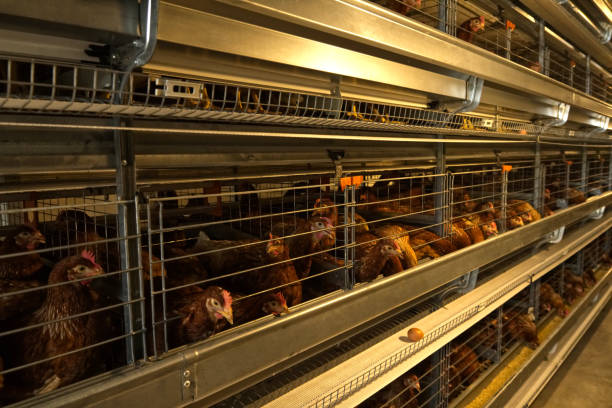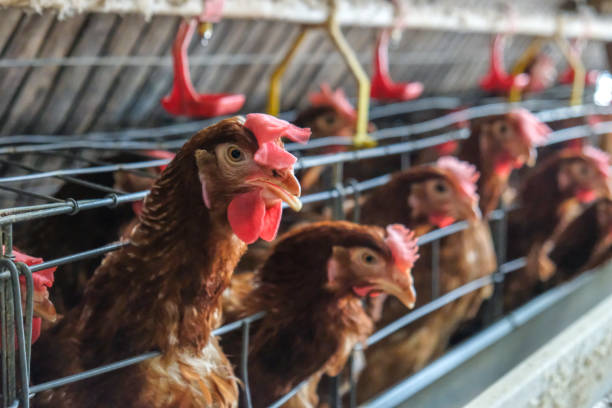Investing in Quality: Steel Wire Cage Features for Healthy and Productive Layer Chickens
Investing in Quality: Steel Wire Cage Features for Healthy and Productive Layer Chickens
For poultry farmers looking to optimize egg production, investing in high-quality layer chicken cages is paramount. Among the various types available, steel wire cages stand out for their durability, hygiene, and overall contribution to the health and productivity of laying hens. This article delves into the key features of steel wire cages that make them a worthwhile investment.
Durability and Longevity
Steel wire cages are renowned for their robust construction and long lifespan. The steel wire used in these cages is typically galvanized or coated with other protective materials to resist corrosion and wear, ensuring the cages can withstand the rigors of daily use in a poultry farm environment.
Corrosion Resistance: Galvanization is a crucial process that coats the steel wire with a layer of zinc, which acts as a barrier against rust and corrosion. This is especially important in poultry houses, where humidity and ammonia levels can be high, accelerating the degradation of metal components.
Strong Welded Joints: The joints in steel wire cages are typically welded to ensure maximum strength and stability. High-quality welding techniques prevent the cages from bending or breaking under the weight of the birds or during cleaning and maintenance procedures.
Heavy-Duty Construction: The gauge of the steel wire used in cage construction directly impacts its strength and durability. Thicker gauge wire provides greater resistance to bending and breakage, making the cages more suitable for long-term use.
Hygiene and Sanitation
Maintaining a clean and sanitary environment is vital for the health and well-being of laying hens. Steel wire cages are designed to facilitate easy cleaning and waste removal, minimizing the risk of disease outbreaks.
Open Mesh Design: The open mesh design of steel wire cages allows for droppings to fall through to the floor or a collection system below. This prevents the buildup of manure in the cages, reducing the risk of bacterial growth and ammonia emissions.
Easy Cleaning: Steel wire surfaces can be easily cleaned and disinfected using pressure washers or other cleaning equipment. The smooth surface of the galvanized wire prevents the buildup of dirt and debris, making cleaning more efficient.
Reduced Disease Transmission: By keeping the birds separated from their droppings, steel wire cages help to reduce the spread of diseases within the flock. This is particularly important for preventing coccidiosis and other common poultry diseases.
Improved Ventilation and Air Quality
Adequate ventilation is essential for maintaining optimal air quality in poultry houses. Steel wire cages provide excellent ventilation, which helps to reduce humidity, ammonia levels, and the risk of respiratory problems in laying hens.
Open Structure: The open structure of steel wire cages allows for maximum airflow around the birds. This helps to remove stale air and replace it with fresh air, creating a more comfortable environment for the hens.
Reduced Ammonia Levels: Proper ventilation helps to reduce the concentration of ammonia in the air. Ammonia is produced from the decomposition of manure and can irritate the respiratory system of the birds, leading to decreased egg production and increased susceptibility to disease.
Temperature Control: Good ventilation also helps to maintain a more uniform temperature throughout the poultry house. This is important for preventing heat stress in hot weather and cold stress in cold weather, both of which can negatively impact egg production.
Enhanced Egg Production
Steel wire cages can contribute to improved egg production by providing a comfortable and stress-free environment for laying hens.
Individual Space: Cages provide each bird with a defined space, reducing competition for resources such as food and water. This can help to minimize stress and aggression among the hens, leading to more consistent egg production.
Easy Access to Feed and Water: The design of steel wire cages allows for easy access to feed and water. Feeders and waterers can be easily attached to the cages, ensuring that the birds have constant access to these essential resources.
Egg Collection Efficiency: Steel wire cages often incorporate egg collection systems that minimize egg breakage and labor costs. Eggs roll gently down the sloped floor of the cage and are collected in a trough, where they can be easily gathered by hand or by an automated collection system.
Bird Welfare Considerations
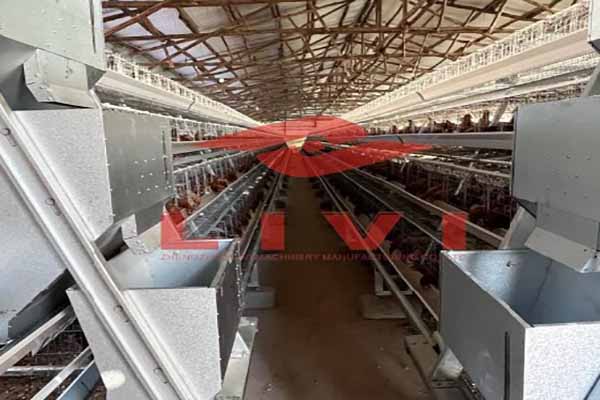
While traditional steel wire cages have been criticized for their impact on bird welfare, modern designs incorporate features that address these concerns.
Cage Size and Space Allowance: Adequate cage size and space allowance are crucial for allowing birds to move freely and express natural behaviors. Many modern steel wire cages provide more space per bird than traditional cages, allowing for greater comfort and well-being.
Flooring Design: The flooring of steel wire cages is often designed to be more comfortable for the birds. Some cages feature floors with a slight slope to facilitate egg roll-out, while others have padded or coated floors to reduce the risk of foot lesions.
Environmental Enrichment: Some steel wire cage systems incorporate environmental enrichment features such as perches or scratching areas. These features can help to stimulate natural behaviors and improve the psychological well-being of the birds.
Automation and Efficiency
Steel wire cages can be easily integrated with automated systems for feeding, watering, and egg collection, which can significantly improve efficiency and reduce labor costs.
Automated Feeding Systems: Automated feeding systems deliver feed to the cages at pre-set intervals, ensuring that the birds receive a consistent supply of feed throughout the day. This can help to improve feed conversion efficiency and reduce feed waste.
Automated Watering Systems: Automated watering systems provide a constant supply of fresh, clean water to the birds. Nipple drinkers are commonly used in steel wire cages, as they are hygienic and prevent water spillage.
Automated Egg Collection Systems: Automated egg collection systems collect eggs from the cages and transport them to a central collection point. This can significantly reduce labor costs and minimize egg breakage.
Manure Removal Systems: Automated manure removal systems remove manure from the poultry house on a regular basis. This helps to maintain a clean and sanitary environment and reduce the risk of ammonia emissions.
Cost-Effectiveness
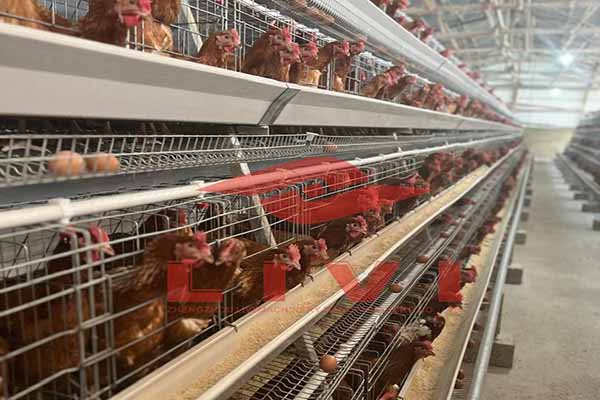
Although the initial investment in steel wire cages may be higher than other types of poultry housing, the long-term cost-effectiveness of these systems makes them a worthwhile investment.
Reduced Labor Costs: The automation capabilities of steel wire cage systems can significantly reduce labor costs associated with feeding, watering, egg collection, and manure removal.
Improved Feed Conversion Efficiency: By providing a controlled environment and ensuring that the birds have constant access to feed and water, steel wire cages can help to improve feed conversion efficiency.
Increased Egg Production: The comfortable and stress-free environment provided by steel wire cages can lead to increased egg production, which can offset the initial investment costs.
Long Lifespan: The durability and longevity of steel wire cages mean that they will last for many years, providing a long-term return on investment.
Specific Design Features to Look For
When investing in steel wire cages, it’s essential to consider specific design features that contribute to the health and productivity of laying hens.
Cage Dimensions: Ensure that the cages are large enough to provide adequate space for the birds to move freely. The recommended cage size will vary depending on the breed and size of the hens, as well as local regulations.
Wire Mesh Size: The size of the wire mesh should be small enough to prevent the birds from getting their heads or feet caught in the wires, but large enough to allow for droppings to fall through easily.
Feeder and Waterer Placement: The feeders and waterers should be placed in a location that is easily accessible to all of the birds in the cage. The height of the feeders and waterers should be adjustable to accommodate the growth of the birds.
Egg Roll-Out Angle: The slope of the cage floor should be steep enough to allow the eggs to roll out easily, but not so steep that the eggs will roll too quickly and break.
Cage Door Design: The cage doors should be easy to open and close, and they should be designed to prevent the birds from escaping.
Ventilation Openings: The cages should have adequate ventilation openings to ensure that the birds receive a constant supply of fresh air.
Maintenance and Care
Proper maintenance and care are essential for ensuring the longevity and performance of steel wire cages.
Regular Cleaning: The cages should be cleaned regularly to remove manure, dirt, and debris. This will help to prevent the buildup of bacteria and ammonia, and it will improve the overall hygiene of the poultry house.
Disinfection: The cages should be disinfected regularly to kill any harmful bacteria or viruses. This is particularly important after a disease outbreak.
Inspection: The cages should be inspected regularly for signs of damage, such as broken wires or corroded joints. Any damaged parts should be repaired or replaced promptly.
Lubrication: The moving parts of the cages, such as the cage doors and egg collection systems, should be lubricated regularly to ensure smooth operation.
In conclusion, investing in quality steel wire cages with the right features can provide numerous benefits for poultry farmers. From enhanced durability and hygiene to improved ventilation and egg production, these cages offer a cost-effective and efficient solution for raising healthy and productive laying hens. By carefully considering the specific design features and implementing proper maintenance practices, farmers can maximize the return on their investment and ensure the long-term success of their poultry operations.



